Last Updated on August 3, 2021

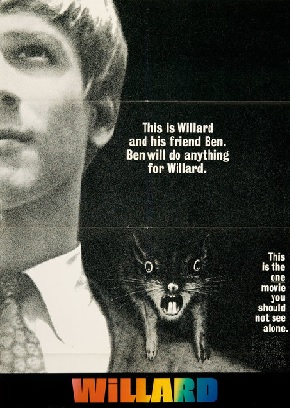

Director Glen Morgan's 2003 version of the "a boy and his rats" story WILLARD was just released on Blu-ray this week (you can pick up a copy HERE), reaching the format about a year and a half after the first version of that story, Daniel Mann's 1971 WILLARD, was released on Blu-ray by Shout! Factory (you can buy that one at THIS LINK). To celebrate the fact that both WILLARDs are now on Blu, we have decided to revive the "Original Vs. Remake" brand of Face-Off this week and put those two films up against each other.
Although I've been writing Face-Off articles for a while, this is my first Original Vs. Remake, so I decided to use most of the classic Original Vs. Remake categories when putting this one together.
Based on Stephen Gilbert's 1968 novel Ratman's Notebooks, WILLARD is about a meek fellow named Willard Stiles, who lives with his overbearing mother and doesn't have a life outside of being overworked by the man who stole his father's steel mill business from him. He doesn't even have any friends… until he starts befriending the rats that are running around his property. Willard teaches his new friends to follow his commands, and as the life he has known starts falling apart around him – and as he gets fed up with everyone piling pain and stress on him – he decides to use his friends' abilities for personal gain and revenge.
WILLARD 2003 keeps the story of Stephen Gilbert's novel (and Gilbert Ralston's 1971 screenplay) intact, it just pushes everything a little bit further. Willard is even more awkward and unstable, his overbearing mother takes their relationship even closer to PSYCHO territory, and Willard's boss at the company his father started is more of a raging prick. Even the rats Willard befriends seem to be a bit more than regular rats – especially the huge, mischievous guy called Ben. There is no major deviation from the previous telling of the story, no unexpected twist. Screenwriter Glen Morgan just took what we knew and told the story in his own style.
Bruce Davison did a great job playing the awkward, introverted, stressed-out Willard Stiles. Willard is someone who finds it painful to try to speak up for himself, but as the film goes along he gains confidence and determination. Elsa Lanchester, the Bride of Frankenstein, is appropriately frustrating as his mother, and Ernest Borgnine is perfect as Willard's boss Al Martin. Martin is loud and abrasive, is clearly a big fan of himself, and is the sort of scheming douche who thinks the people around him only exist to get him further in life. He is a terrific villain. If you want something that feels more real, this is the one to watch.
The actors in this version of WILLARD go over-the-top with their performances quite frequently. Crispin Glover wasn't the first choice to play the '03 Willard Stiles, but he was the most interesting choice, and he plays the character as a person who is quite obviously dealing with some painful emotions that are going to make him snap someday. His mother, played by Jackie Burroughs, is basically a disgusting caricature of an overbearing mother, and R. Lee Ermey was apparently given free reign to do his Ermey thing as Willard's boss Frank Martin. Ermey is always a delight, but his Martin is a bit much. It gets kind of ridiculous sometimes.
This WILLARD doesn't exactly have special effects. There's some fake blood, and I would assume that some of the rats are fake, but for the most part the only "effects" are the live rats crawling all over the sets and human bodies. If you're looking for shots of rats gnawing through human flesh, you'll be disappointed. Victims of the rats just have some of the rodents climb onto them, they flail around a bit, then they die.
There were rats running all over the set of this film as well, but since it was made in the age of CGI we do get some CG rats as well, most notably in a terrible shot of the rodents flooding out of an elevator. The body count remains very low – actually, there are even less human deaths time around. Surprisingly, when someone does get attacked by the rats there isn't a lot more gore than the '71 film had, just a bit more blood.
WILLARD '71 builds intensity as it goes. For the most part, it's an emotional engaging character study about a young guy who's not properly equipped to deal with the world around him. We watch things go bad, we watch him get mistreated, we root for him and want to see him overcome his problems – and like Willard, we build up a strong dislike of Al Martin. When Martin finds Willard's most favored rat in a storage room and kills it, it's a heart-wrenching moment. And then we're very ready to see Martin receive his comeuppance.
Willard is creepy and full of rage, his boss barks at him like a foul-mouthed drill sergeant, his mother tells him she hates him and literally screams at him. There are times when Willard gets so emotional that he even screams at people. His interactions with the rats are more volatile as well, and the rats are more troublesome. When Willard cries over his mother's coffin, he leaks a long line of snot from his nose, then proceeds to suck it back up. Yeah, this one likes to keep its intensity level pretty high throughout.
Director Daniel Mann brought a naturalistic style to his WILLARD, which is fitting since it is primarily a drama. Willard works in a drab office and lives in an old house that he and his mother can't care for as well as the place requires. This looks like everyday, rundown life. The biggest stylistic flourish comes in the lighting of the final confrontation with Al Martin, which mixes shadows, blue moonlight, and harsh lighting on the face of a man being attacked by rats. That is a standout moment of horror.
Glen Morgan did not take a naturalistic approach to this one, which has always felt a little bit like a Tim Burton movie to me. It's slightly off from reality, existing in a darker and dirtier world than its predecessor, and is quite capable of lapsing into absurdity. See Frank Martin's behavior, the CG rat flood, the sequence in which the rats chase a cat around the house, etc. Things often go over-the-top, but not in a bad way. It's perfectly fitting with the tone Morgan established.
I really love both versions of WILLARD in their own way. Nearly fifty years down the line, the original film still holds up as a great character study / revenge film. The remake I find to be extremely underrated, and it features a performance by Crispin Glover that must be seen. But when they're made to compete against each other, the '71 version squeaks out a win. The more down-to-earth, natural approach Daniel Mann took to the story is more appealing to me than the over-the-top, slightly goofy approach Glen Morgan took.
Anyway, I think they're both worth owning.
Do you agree with the outcome of this very close Face-Off, or do you think the remake bested the original? Or, going in the opposite direction, do you think the original should have had an even bigger victory? Share your thoughts on these films in the comments section below.
If you have any suggestions for future Face-Off or Original Vs. Remake articles, you can send them to me at [email protected].




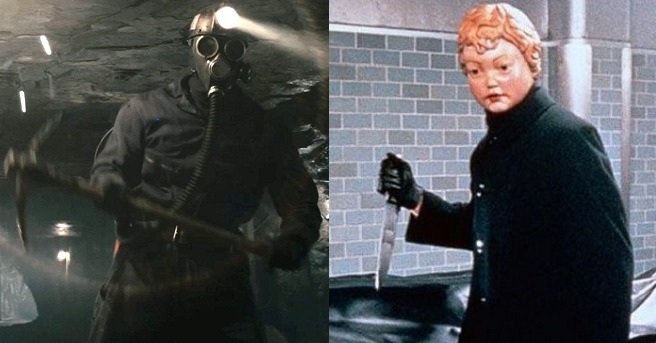
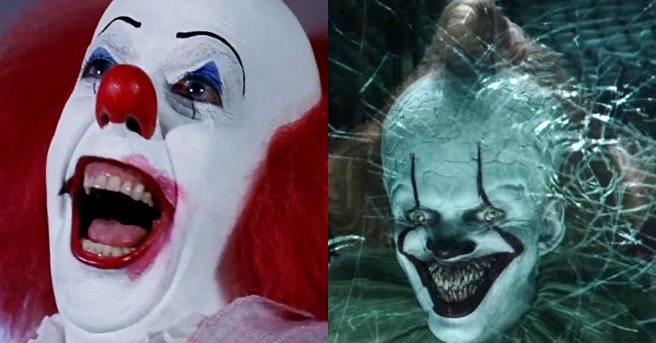








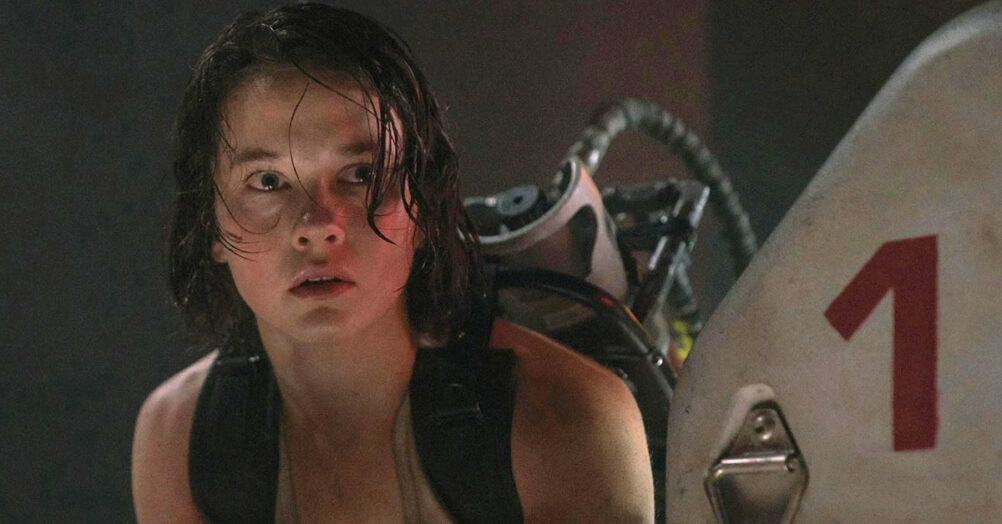


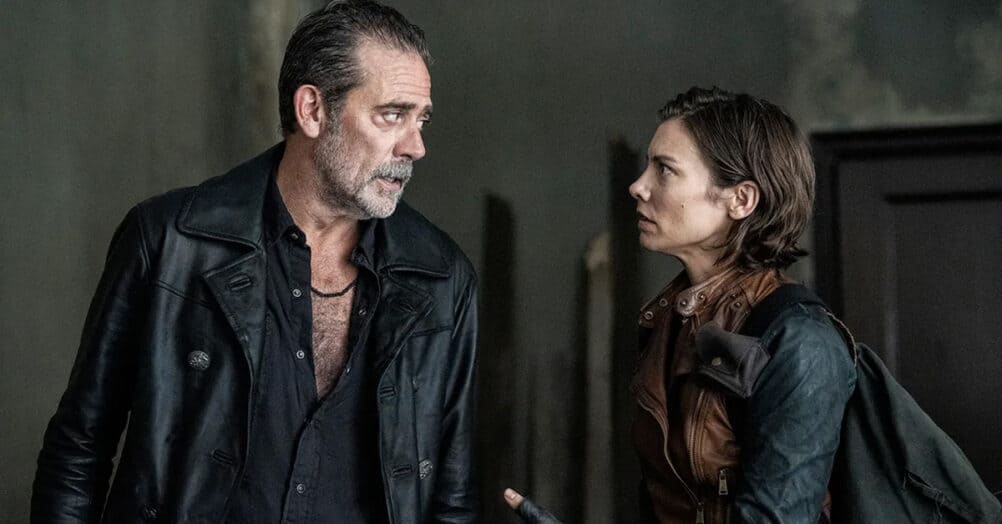
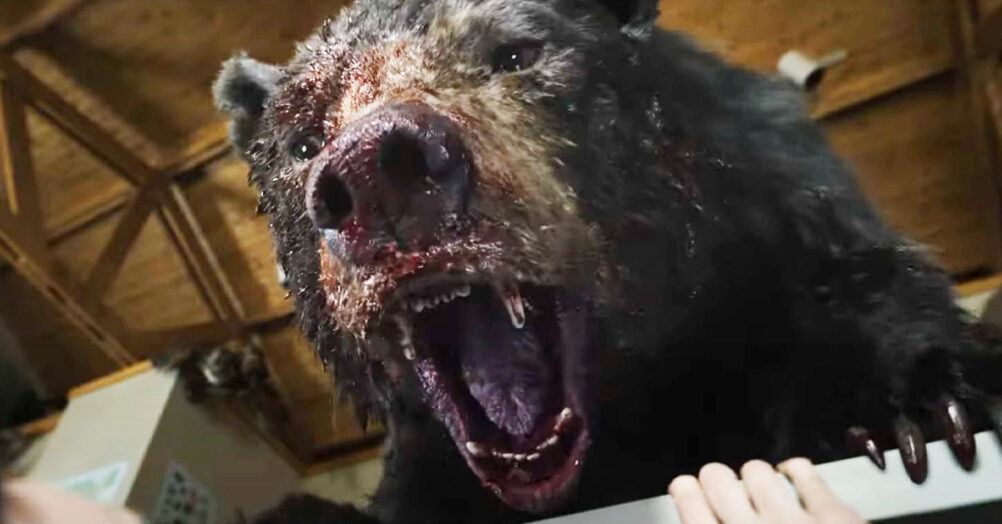

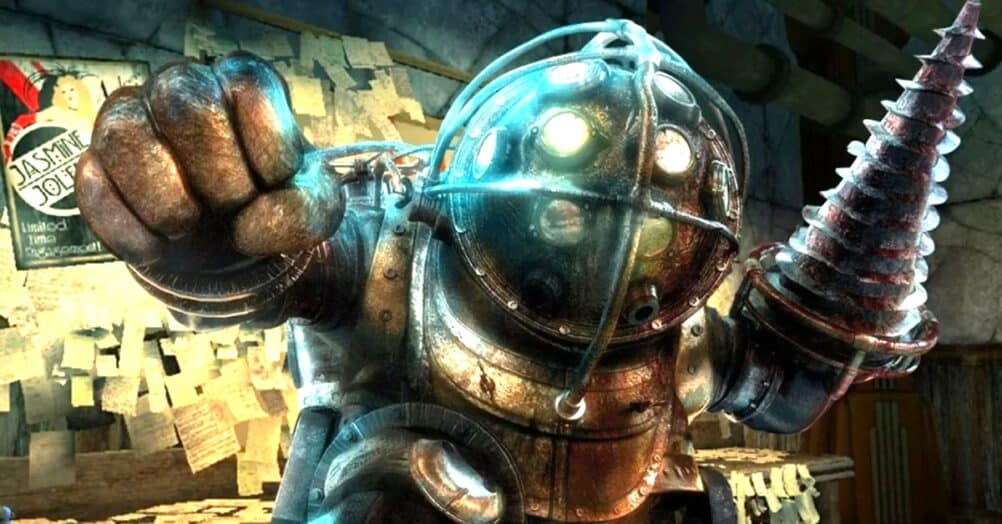
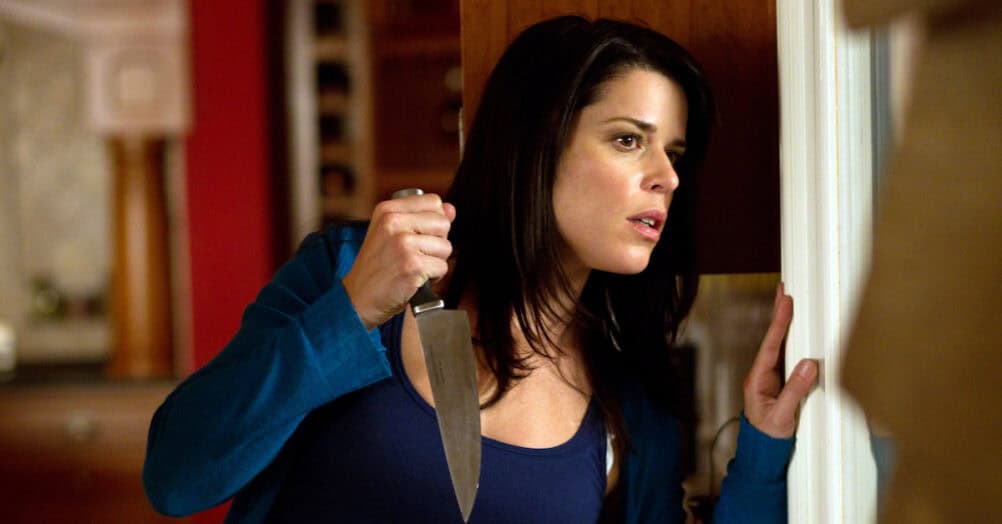


Follow the JOBLO MOVIE NETWORK
Follow us on YOUTUBE
Follow ARROW IN THE HEAD
Follow AITH on YOUTUBE